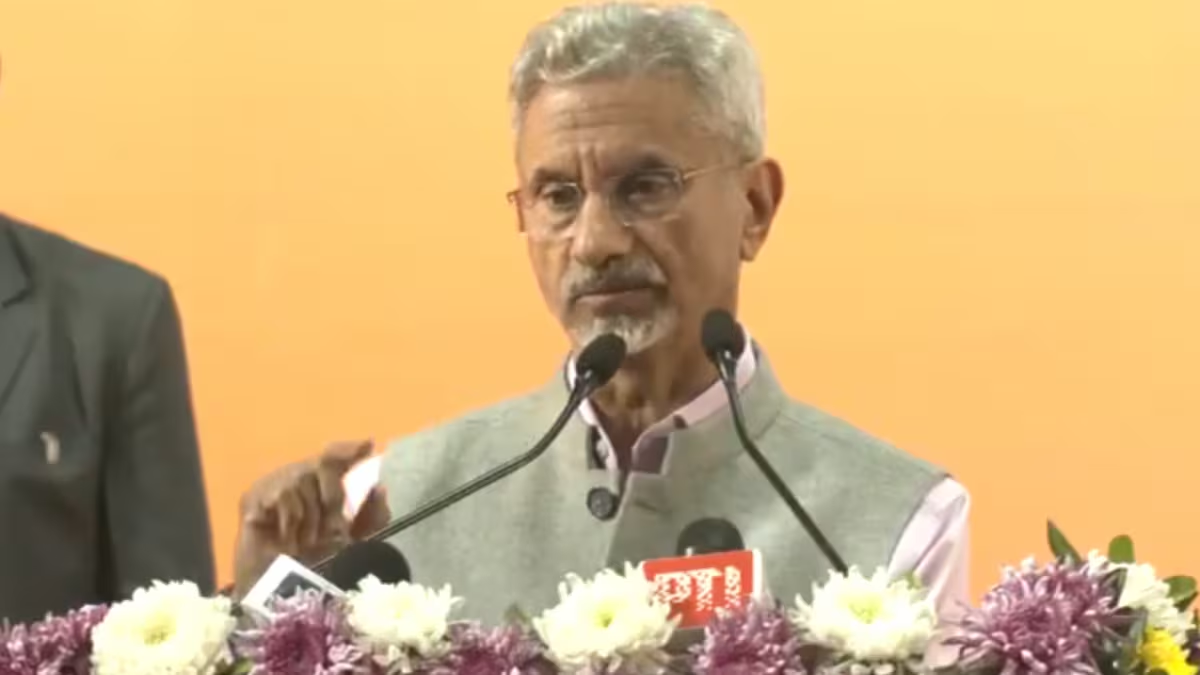One of the fundamental principles of the circular economy in real estate is the use of sustainable and recycled materials.
The circular economy is a regenerative economic system that aims to minimise waste and resource depletion by promoting reuse, refurbishment, and recycling of materials
The concept of the circular economy is revolutionising industries worldwide, and the real estate sector is no exception. The circular economy is a regenerative economic system that aims to minimise waste and resource depletion by promoting reuse, refurbishment, and recycling of materials.
The real estate sector is one of the largest consumers of natural resources and energy, as well as one of the most significant contributors to greenhouse gas emissions and waste generation. According to the World Economic Forum, buildings account for 40% of global energy consumption, 30% of raw material use, and 20% of carbon emissions.
The linear model of “take-make-dispose” is not only unsustainable but also costly and inefficient. It leads to the loss of valuable materials and resources and the degradation of the environment and human health. In recent years, forward-thinking developers have embraced the principles of a circular economy to create sustainable and environmentally friendly real estate projects.
By reusing and recycling materials, developers can reduce the costs of procurement, transportation, and disposal. They can also save on energy and water bills by implementing efficiency measures and renewable sources. Furthermore, by extending the lifespan and functionality of buildings, more value is created for assets and customers.
Materials Reimagined: From Waste to Resource
One of the fundamental principles of the circular economy in real estate is the use of sustainable and recycled materials. It is the need of the hour to recycle and repurpose building materials, diverting waste from landfills and reducing the demand for new resources. From reclaimed wood and recycled steel to innovative materials made from post-consumer waste, the construction industry is witnessing a transformation that places a premium on resource efficiency.
Adaptive Reuse and Renovation
Circular economy principles also promote adaptive reuse and renovation over demolition. Rather than tearing down existing structures, the focus is to explore ways to repurpose and upgrade buildings, preserving embodied energy and reducing environmental impact.
Design for Disassembly
Modular construction and standardised components make it easier to deconstruct and reuse materials when a building reaches the end of its life cycle. This approach not only extends the lifespan of materials but also streamlines the process of recycling and repurposing, closing the loop on resource utilisation.
Smart Technologies for Resource Optimisation
From energy-efficient building management systems to sensors that monitor and control resource consumption, technology is helping developers create more sustainable and resource-efficient buildings. This not only reduces operational costs but also enhances the overall environmental performance of real estate developments.
(The author is the CEO and director Axis Ecorp)






